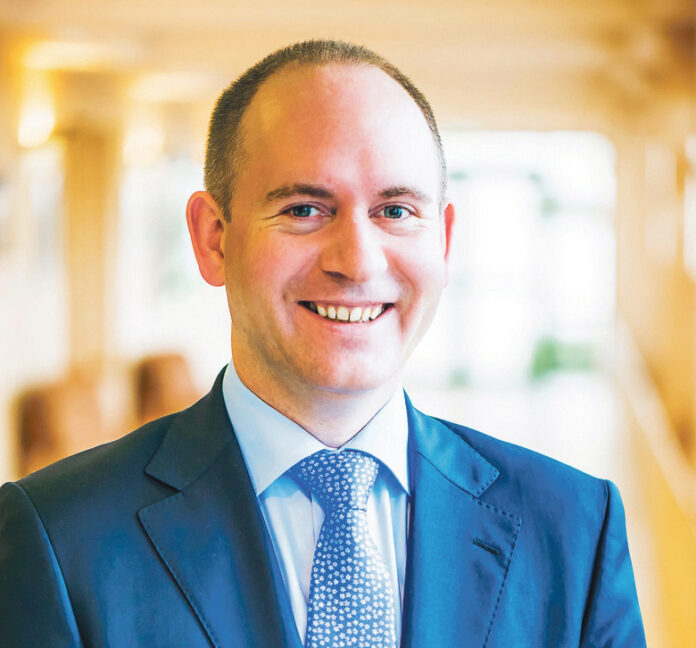
AFTER taking over as Shannon Region Chairman of the Irish Hotels Federation last week, Limerick hotelier Dermot Kelly has warned that regional tourism operators will be hardest hit by a disorderly Brexit.
Mr Kelly, who is General Manager of the South Court Hotel, told the Irish Hotels Federation (IHF) national conference that the levels of growth achieved in recent years cannot be taken for granted.
“With the prospect of a disruptive Brexit looming, the sharp fall in business sentiment amongst hoteliers is not surprising. Our fear is that regional tourism businesses risk being hardest hit, especially those operating in areas heavily reliant on seasonal and UK markets.”
Tourism currently supports 11,500 jobs in Limerick and contributes an estimated €277 million a year to the local economy annually.
Mr Kelly said: “Tourism plays a vitally important role as an engine of growth and regional economic balance. However, this could be put at risk if the Government does not take decisive action to mitigate the impact of Brexit and address the other serious challenges we now face such as the high cost of doing business in Ireland.”
“Tourism is an exceptionally competitive activity. We compete daily for business at both a domestic and international level and every tourism Euro spent by overseas and domestic tourists in Ireland is hard won. Maintaining our competitiveness is absolutely vital to sustaining the growth of the industry, which supports jobs in every country and town.”
“With 70 per cent of tourism jobs based outside of Dublin, the industry’s wide geographic distribution is critical to sustaining regional economies, and addressing the rural imbalance.
“And, as the biggest investor in Irish tourism, the hotels sector is playing a critical role. Hotels and guesthouses not only provide local employment opportunities, we buy local services, source locally produced food and provide a vital infrastructure in support of local business and communities,” he added.
Welcoming the Government’s commitment last year to introduce a Tourism Satellite section to the Central Statistics Office (CSO), Mr Kelly called for it to be implemented as a priority.
“This will provide a full analysis of the economic activity in the tourism industry and show how much it contributes to each county throughout the country to inform future taxation and economic policy,” he said.
An industry survey undertaken by the IHF ahead of the annual conference in Killarney showed that only 40 per cent of hoteliers nationally now have a positive outlook for their business over the next 12 months. This compares with 79 per cent who reported a positive outlook at the start of 2018.
Major concerns for the sector include the continued risk of a disruptive Brexit and reduced competitiveness due to the hike in tourism VAT, increases in the cost of doing business and growing economic uncertainty internationally.
Performance so far this year has been mixed, with 39 per cent of hoteliers reporting a drop in overall business levels compared to this time last year while 48 per cent reported an increase. This has largely been driven by growth from North America and Europe, which is masking continued poor performance of the UK market.
Almost two thirds of hoteliers say advance bookings from Britain are down while 57 per cent have reported a fall in advance bookings from Northern Ireland.


